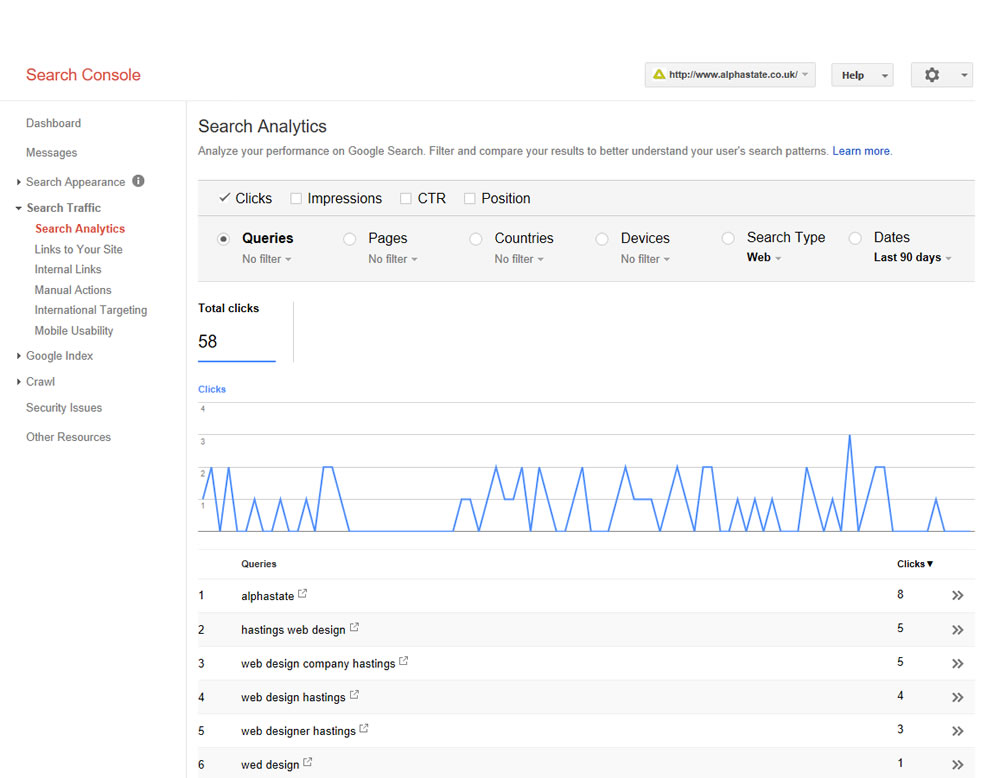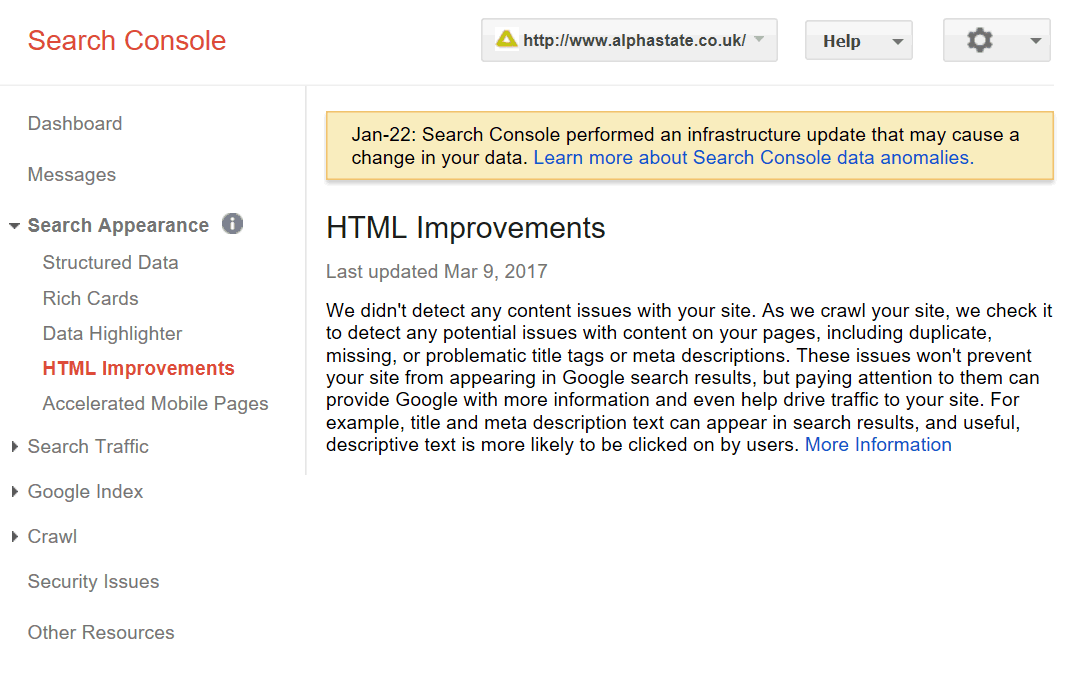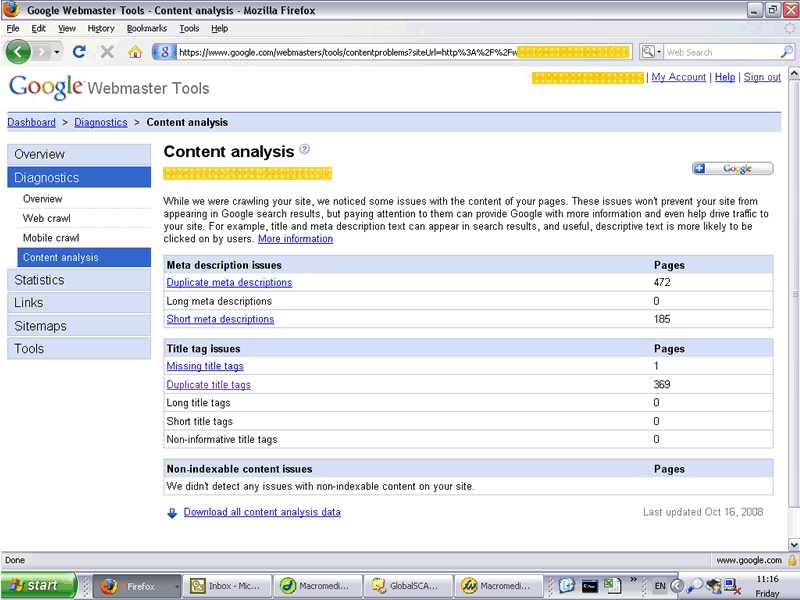Search engines such as Google seek to increase its share of the total search market by returning the most relevant results for the keywords & phrases on which people search. They use 'spiders', (automated web browsers), to follow website links & add the information about the websites they find to their databases.
Importantly, the main aspect of the website on which they focus are 'THE WORDS'. Words in domain names, page titles, headings, body text, & links etc. It is for this reason that it's vital to ensure your website has been copywritten with this in mind. (More Info)
Search engines rank web pages according to their score for a search term. The score is a combined result of 'on-page' (i.e. content and page structure) and 'off-page' (e.g. inbound links) criteria. Web pages are assessed on more than 150 such criteria.
Search Engine Optimisation (SEO) ensures the on-page and off-page features are set up to help the websites achieve the best possible rankings on the search engines. This will typically involve some or all of the following.
The degree to which SEO is required will depend on the competition for the target search term.
Care must be taken as search engines penalise websites which try to trick or 'spam' them.
Top Search Term Queries (Click for Details)
HTML Improvements (Click for Details)



Google Webmaster Tools provides you with detailed reports about your pages' visibility on Google.
All you require is a free Google Account!
These services are also available through your Google Account. Please click here to read about out Google 'Tune up' service
For a complete list of webmaster resources go to Google Webmaster Central.